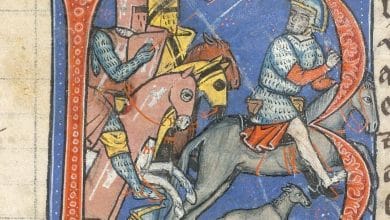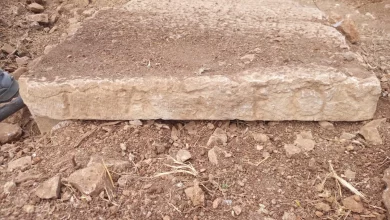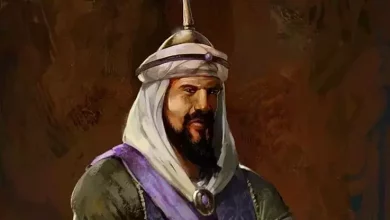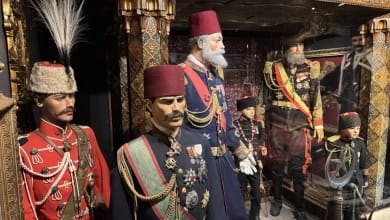Osman’s Dream: How a Vision Founded the Ottoman Empire
Osman Gazi's vision that shaped Ottoman identity
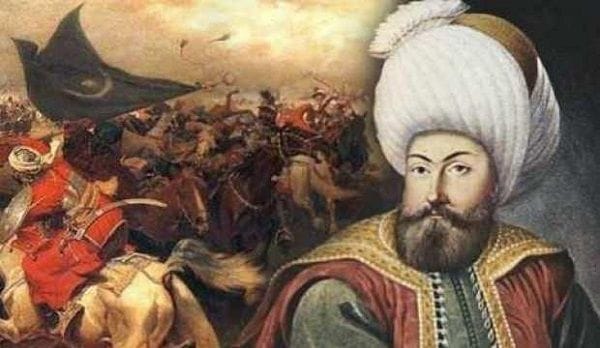
The Dream That Sparked an Empire – Osman’s legendary vision | Kuruluş Osman
In the early 14th century, a young frontier warrior named Osman spent the night in the home of a respected Sufi mystic, Sheikh Edebali. That night, Osman had a dream — one so vivid and symbolic that it would later become the foundation of Ottoman imperial identity.
In his dream, a crescent moon rose from Edebali’s chest and entered Osman’s own. Then, from Osman’s chest sprang a tree, massive and all-encompassing. Its branches spread to cover the entire world, offering shade to all peoples. Rivers flowed from its roots, crops grew in its shadow, and mighty cities sprang up beneath its boughs.
When Osman shared this dream with Sheikh Edebali, the Sufi master interpreted it as a sign from God: Osman was destined to found a great empire, one that would unite and rule over diverse lands. The very next day, Osman was given Edebali’s daughter in marriage — a union that symbolized the merging of spiritual and political authority.
More than a dream: The power of myth in empire-building
This dream became more than just a story — it was the spiritual foundation of Ottoman rule. While there are no contemporary sources from Osman’s lifetime that record this vision, it was later documented in the 15th century by Ottoman historians such as Aşıkpaşazade and Neşrî, who wrote about the early sultans and the origins of the state.
These accounts were not meant to be strict history — they were ideological tools. The dream narrative gave divine legitimacy to the dynasty, connecting it with Islamic prophecy, Sufi spirituality, and a sense of universal destiny. The symbolism of the tree, rivers, and cities reflected Ottoman ambitions to bring order, justice, and prosperity under their banner.
It is no coincidence that later Ottoman rulers would refer to Osman’s dream in times of political transition, using it as both inspiration and justification. It also framed the Ottoman state not as a mere conquest-driven power, but as a divinely guided civilization.
A myth that lives on
Whether Osman truly had this dream, we may never know. But its power lies not in its historicity — it lies in its message. In a world torn by tribal conflict and imperial collapse, Osman’s dream promised unity, justice, and spiritual purpose. It echoed through centuries of Ottoman rule and continues to inspire those who look back on the empire’s beginnings with wonder.

